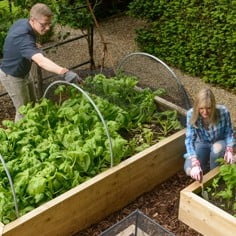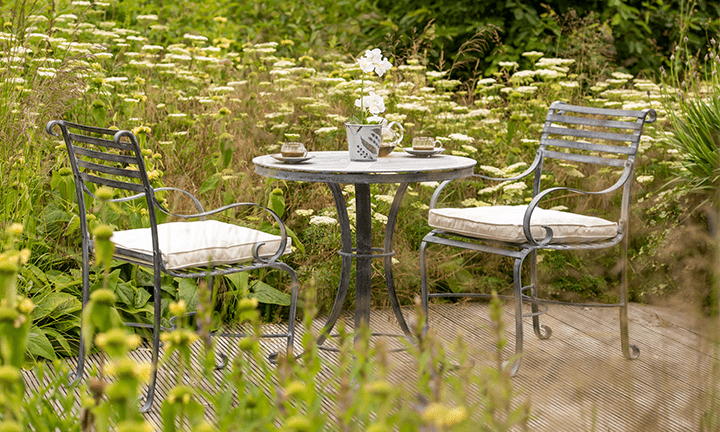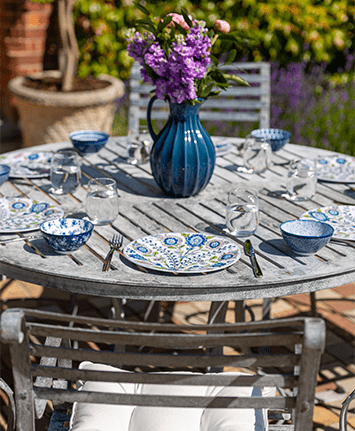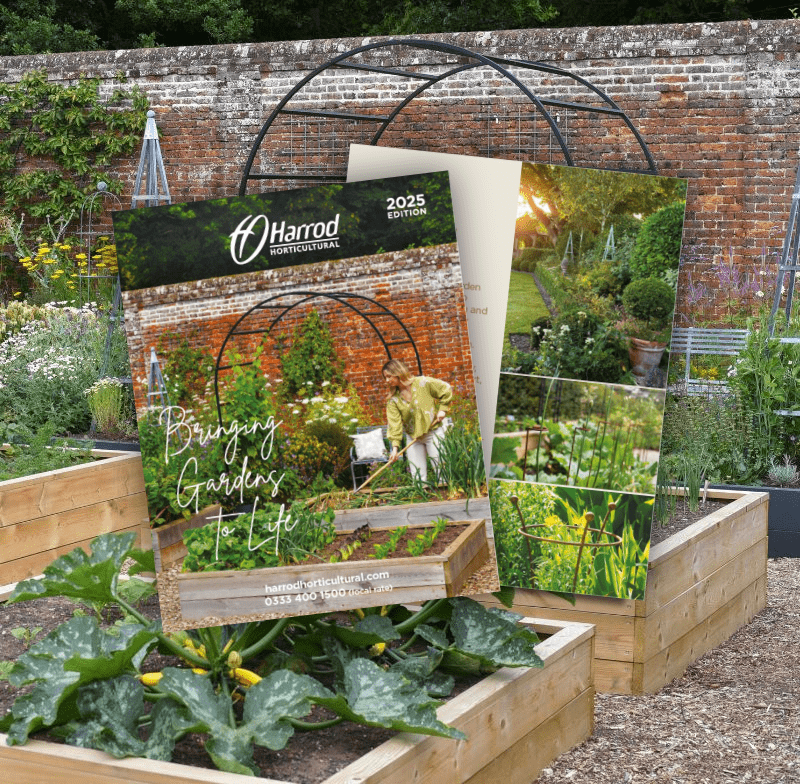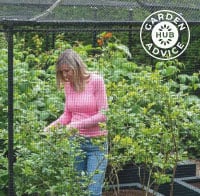Small Sprouts!
We have had a large allotment for several years. It is on alkaline soil, south facing and we have been able to successfully grow many varieties of vegetables. However, despite many years of growing great brussel sprouts and other brassicas the plants on my plot have huge stems, but very few small sprouts. I have been talking to the other allotment holders this morning and it seems that some, but not all, have the same problem.
Is there a possible deficiency in the soil? - it has not had a huge amount of manure over the past few years, except chicken manure pellets, due to the difficulty of getting this to the plot. We hope to rectify this over the next few weeks.
Without exception all of the allotment holders have had serious problems with leek rust which has decimated the crop. From reading your answers to others with this problem, I presume that there is no easy cure available to us amateurs now? It is a hobby which I enjoy very much, and I am disappointed that I may not have my own sprouts for Christmas lunch!
Would appreciate any advice so that I can have a better harvest next year!
Mrs Woolley - Weston super Mare
As an experienced allotment grower and having had success with sprouts before you obviously know how to grow Brussels sprouts, but if it’s any consolation our sprouts at Stephanie’s Kitchen garden are very slow this year too.
Without seeing the sprouts and looking at the conditions around it’s difficult to advise but I don’t think the leek rust has any connection with your problem. It is important that you rotate your crops you didn't mention if you were practising crop rotation but if not this could be the problem.
I would do a soil test to see what your soil pH is, Brussels ideally need a firm soil with a ph of 6 – 7.5 – if you haven’t got this then the addition of lime will make the soil more alkaline.
The number of sprouts is dependant on the number of leaves. For plenty of leaves early sowing (late winter or early spring) is essential and careful planting into very fertile soil and subsequent careful watering is necessary.
They like a pre-prepared manured fertile soil and a feed with Growmore or Blood, Fish & Bone during the growing season will benefit the plants too. Water every 10-14 days in periods of dry weather. Plants benefit from a top-dressing of high nitrogen fertiliser such as dried poultry manure pellets at 150g per square metre in July (which you are doing) to encourage leaf growth and eventually more sprouts.
Often it is weather conditions that affect our crops and maybe our dry spring and wet and cool summer are to blame this year, but if you follow the guidelines above fingers crossed you should see a good crop next year.
Kind Regards
Lynn Burton
Horticultural Adviser






